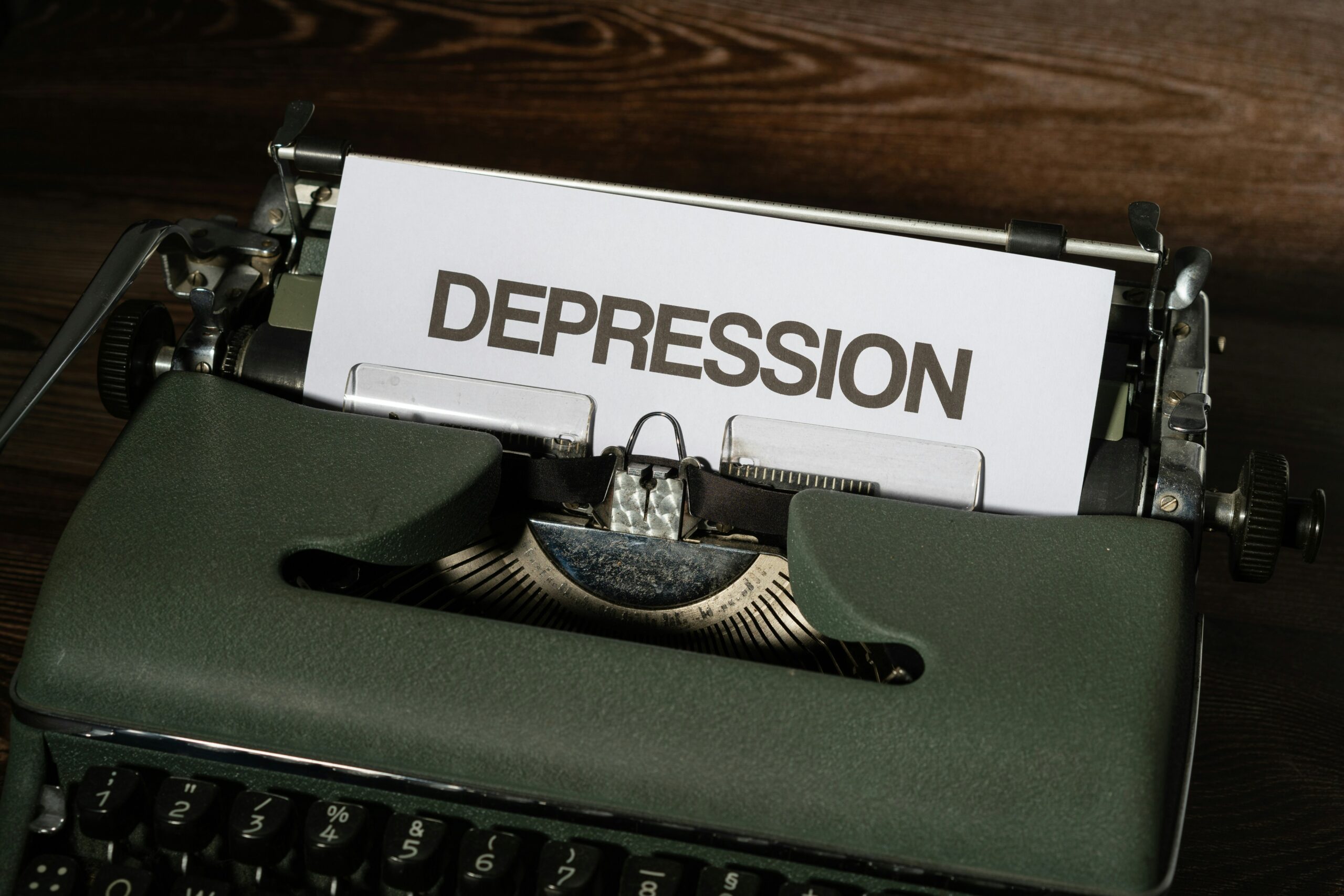Depression has a way of whispering lies. It tells you that you’re not enough, that you’re weak, or that you’ll never climb out of the fog. But here’s the truth: depression isn’t weakness. It’s not a reflection of your character or your potential. It’s a signal — and when we learn to listen to it differently, it can become the starting point for building resilience, clarity, and renewed strength.
At MarkYourLifeCoach, I help adults who feel stuck in depression reclaim their confidence and rediscover their inner strength. Because the opposite of depression isn’t pretending to be happy — it’s building a life of meaning, one step at a time.
Breaking the Stigma
For too long, depression has carried stigma. People often hear “snap out of it” or “just think positive.” But those responses ignore the reality: depression is not laziness or weakness, it’s a challenge that requires compassion, strategy, and consistent support.
What messages have you internalized about depression? Do they empower you — or keep you stuck?
Finding Strength in the Struggle
One of the hidden truths about depression is that people who live with it often develop incredible strength. It takes resilience to get out of bed on the hardest days. It takes courage to keep going when everything feels heavy. Coaching helps uncover that hidden strength and channel it into actions that bring healing and progress.
Think about a time when you pushed through even on a hard day — what does that tell you about the strength you already carry?
Coaching as a Partner in Healing
Therapy addresses the roots of depression — trauma, patterns of thought, and emotional wounds. Coaching complements therapy by focusing on what you can do today to create momentum. It’s about identifying small, achievable goals and creating accountability for following through.
What’s one small action you could take today that would make tomorrow feel even slightly lighter?
Adults and the Weight of Expectations
Depression in adulthood often comes with added layers: career pressure, financial stress, family responsibilities, and the feeling of being “stuck.” Many adults feel invisible or undervalued, as if their contributions don’t matter. Coaching helps shift that narrative, reminding you that your value isn’t defined by a job title or by how others see you — it’s defined by your actions, your choices, and your growth.
Where in your life are you undervaluing yourself — and what would it look like to reclaim that worth?
The Role of Accountability in Healing
Depression thrives in isolation. Left unchecked, it convinces you to withdraw from people and responsibilities. Accountability creates connection. When someone checks in on you, holds you to your commitments, and reminds you of your progress, it disrupts the cycle of withdrawal and hopelessness.
Who in your life today reminds you that you matter — and what difference would it make if you had a coach dedicated to that role?
The Athlete’s Blueprint for Strength
Athletes know that strength doesn’t come from one workout — it’s built through consistency, even on the days when motivation is low. Depression is similar. Healing requires persistence, commitment, and the willingness to show up even when it feels impossible.
Imagine if you treated your mental health like an athlete treats their training: showing up daily, focusing on progress not perfection, and celebrating every milestone. How might that shift your recovery?
The Life Lessons Blueprint for Healing
To support clients, I use my Life Lessons Thru the Lens book series. Each book connects athlete wisdom to everyday life challenges. Through a unique coaching model, we map the adjectives clients use to describe themselves — hopeless, tired, stuck, determined — to specific chapters across the series.
These lessons become a personalized blueprint for resilience. Quotes from athletes remind us that success, whether on the field or in life, is a full-time job. Just like weight training builds muscle, committing to small daily actions builds emotional strength. Over time, those small wins reflect back as greater confidence, healing, and hope.
When was the last time you celebrated a small win — and what would it mean to build on that momentum every day?
Why Coaching Works: From Weakness to Strength
Depression convinces people they’re weak, but coaching helps reveal the strength already inside. With guidance, accountability, and a framework for action, adults can shift from feeling powerless to feeling purposeful. Coaching doesn’t eliminate depression, but it equips you to manage it, move through it, and reclaim your power.
What would your life look like if you gave yourself permission to believe you are stronger than depression’s voice?
Conclusion: Depression Isn’t Weakness
Depression isn’t a character flaw. It’s not a weakness. It’s a challenge that requires resilience, support, and strategy. With the right guidance, one can discover that their strength runs deeper than they imagined.
At MarkYourLifeCoach, I help clients rebuild confidence, reconnect to purpose, and use proven athlete-inspired lessons to navigate depression. Because healing is not about pretending the weight isn’t there — it’s about building the strength to carry it and still move forward.
________________________________________
FAQs
Q1: Can a life coach help if I already see a therapist?
A: Yes. Coaching and therapy complement each other. Therapy addresses past wounds, while coaching focuses on present actions and accountability.
Q2: How is coaching different from motivational advice?
A: Coaching provides structure, accountability, and personalized strategies — not just positive words. It’s about real steps that lead to real results.
Q3: How long does it take to see results from coaching?
A: Many adults notice greater clarity and momentum within the first few sessions. Long-term change builds with consistency and commitment’s.
Q4: What if I don’t feel strong enough to start?
A: That’s exactly when coaching can help. You don’t need to feel strong to begin — you’ll build strength along the way.




